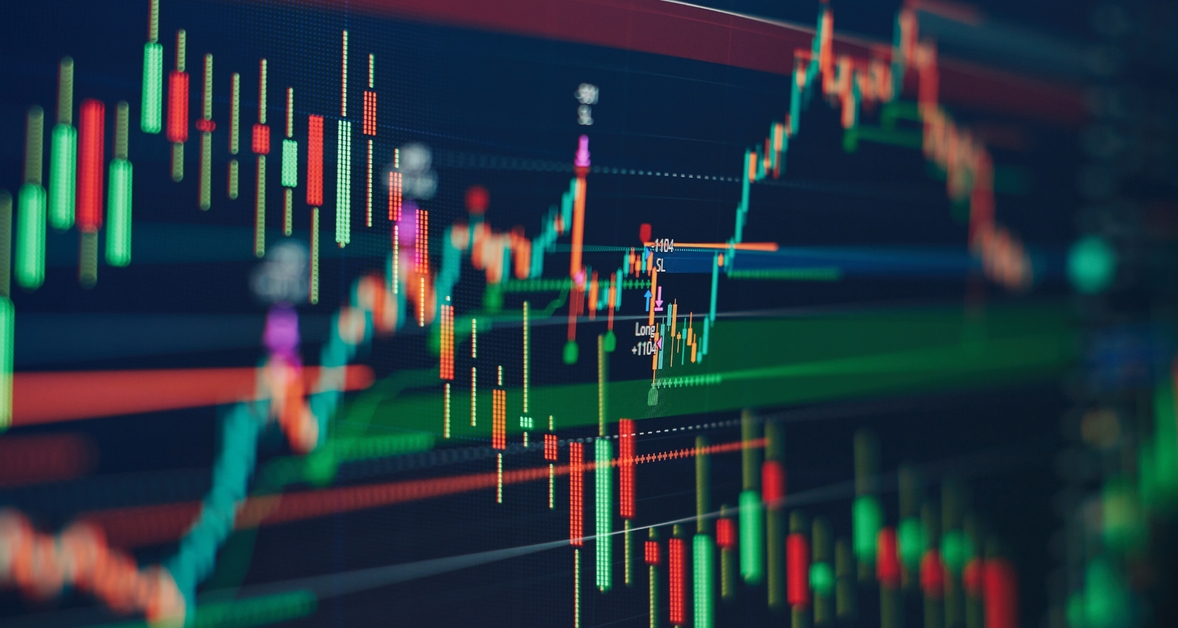The forex market, typically known as Forex or FX, is the biggest and many water economic industry in the world. It requires the trade of one currency for another and operates globally, 24 hours a day , five days a week. Whether you're a novice or looking to comprehend how this significant industry functions, it' ;s necessary to know its key components and mechanics.

What's Forex Trading?
Forex trading is the method of shopping for and offering currencies with the goal of creating a profit. Currencies are dealt in sets, such as for example EUR/USD (Euro/US Dollar), wherever one currency is changed for another. When you trade Forex, you're speculating on whether the value of one currency can increase or drop in comparison to the other.
For instance, if you believe the Euro will strengthen against the US Money, you would buy the EUR/USD pair. If the Euro indeed understands, you will then offer the pair at a greater cost, ergo making a profit.
How the Forex Market Operates
The Forex industry is decentralized, indicating it has no main bodily spot or exchange. As an alternative, it functions through a international network of banks, economic institutions, corporations, governments, and specific traders. That decentralized character allows the market to be start continually from Wednesday night to Friday night.
The Forex industry is primarily split into three key trading sessions: the Asian, Western, and North National sessions. These sessions overlap at different times throughout the time, major to higher trading sizes and improved volatility, which can present more options for traders.
Key Currency Sets and Market Players
There are three major types of currency pairs: significant, small, and exotic. Key sets require the many exchanged currencies internationally and always contain the US Buck, such as for instance USD/JPY, GBP/USD, and AUD/USD. Modest sets do not include the US Dollar but consist of different significant currencies, like EUR/GBP or AUD/NZD. Exotic couples involve one important currency and one currency from an inferior or emerging economy.
The main individuals in the Forex market contain main banks, industrial banks, financial institutions, multinational corporations, and individual retail traders. Main banks play a substantial role in influencing currency value by setting interest rates and employing monetary policies. Retail traders access the market through brokers, applying tools that provide real-time quotes and methods for analysis.
Facets That Influence Forex Prices
Several factors can cause fluctuations in currency prices. These generally include economic indicators such as fascination rates, inflation, employment data, and GDP figures. Political stability and financial efficiency of a country also play crucial roles. For instance, a nation with strong economic development and political balance will probably have a solid currency.
Market feeling, or how traders experience a currency' ;s prospects, can also push value movements. Information activities, international crises, and geopolitical tensions can easily modify message and lead to unexpected changes in currency values.
Benefits and Risks of Forex Trading
Forex trading presents a few advantages. The market's high liquidity indicates traders can enter and exit jobs easily. Additionally it allows for power, which can improve equally gets and losses. The accessibility to trading platforms and the ability to start with a relatively low expense make it accessible to many.
However, Forex trading is not without risks. Price volatility, leverage, and the impact of international events can cause substantial losses. Proper chance administration, continuing education, and a disciplined trading technique are essential for long-term success.

Realization
Understanding the essentials of Forex and how the market works is the first faltering step toward becoming a successful trader. With its substantial options and international reach, the Forex industry remains to entice people and institutions seeking to capitalize on currency fluctuations. Nevertheless, accomplishment in this industry requires knowledge, persistence, and a good strategy.
